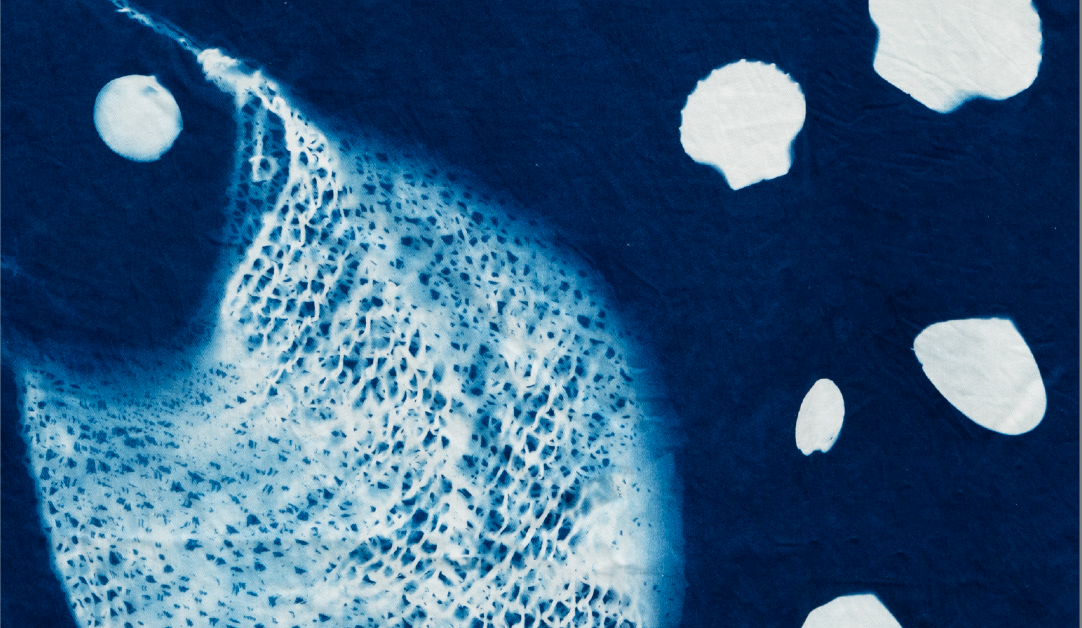We confess that this is our second run of this editorial.
In the first version, written as pieces were being finalised in late September, we wrote towards the uncertain result of the referendum; we knew our statements would likely arrive in your letterbox as a spectral gesture towards a future not yet calcified to the seam of meanness that often stains the grain of the settler heart. We watched this colony weigh how far it would persist in the collective fiction WEH Stanner diagnosed as settlement’s constitutive occlusion of Aboriginal reality; that has borne on each of us differently. The Uluru Statement from the Heart was not supported by all Indigenous people, and some found its intentionally generous framing to be precipitately conciliatory. Similarly, the proposed Voice informed by that statement didn’t have complete support in community and shouldn’t be invested with claims of a lost Utopia. Even so, watching the majority of the settlers on stolen land reject even such minimal terms has starkly clarified the failed project of reconciliation that has already demanded so much from Aboriginal and Torres Strait Islander people and communities.
Now, however, the temptation to linger on the politics of symbolic recognition and constitutional reform seems a luxury in the face of the escalating violence against Palestinians in Gaza and the West Bank. Our hearts have been deeply pained by the stories, images and videos from civilians and journalists on the ground.
As we write today, our feet and throats are sore from last night’s solidarity march led by Warriors of the Aboriginal Resistance and Free Palestine Melbourne. Throughout this horror, we’ve read and reread Palestinian-Australian writer and historian Micaela Sahhar’s lyrical archival response in this edition, which reminds us of Overland’s historic role in indexing Palestinian survival and resistance. We remain steadfast in our commitment to the Palestinian struggle, and are grateful for the writers and activists on the ground who have joined arms with Aboriginal and Torres Strait Islander people. Now, more than ever, we must remember the great Aunty Lilla Watson’s words: “If you have come because your liberation is bound up with mine, then let us work together.”
Bugalwan and solidarity,
Evelyn Araluen and Jonathan Dunk



